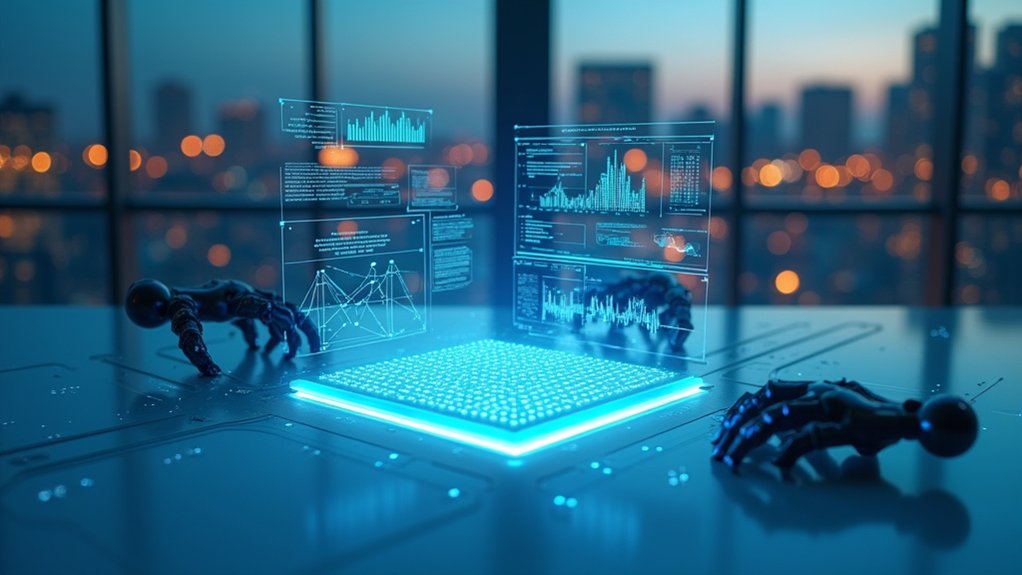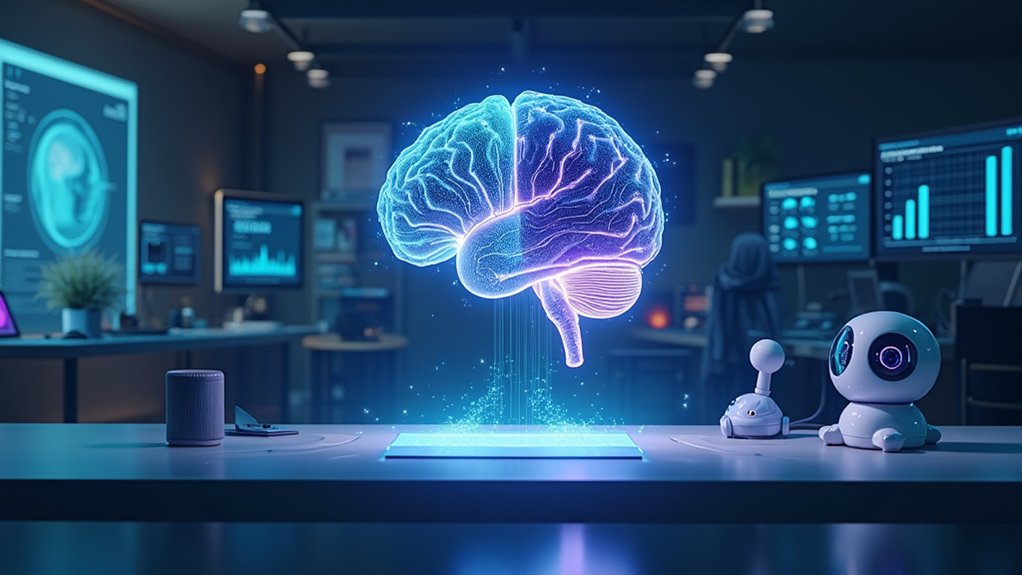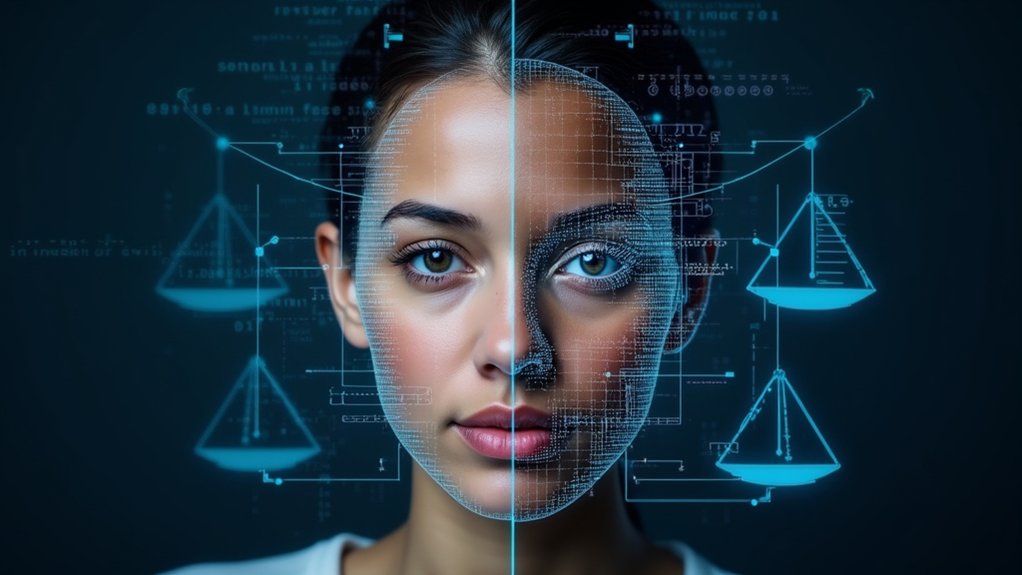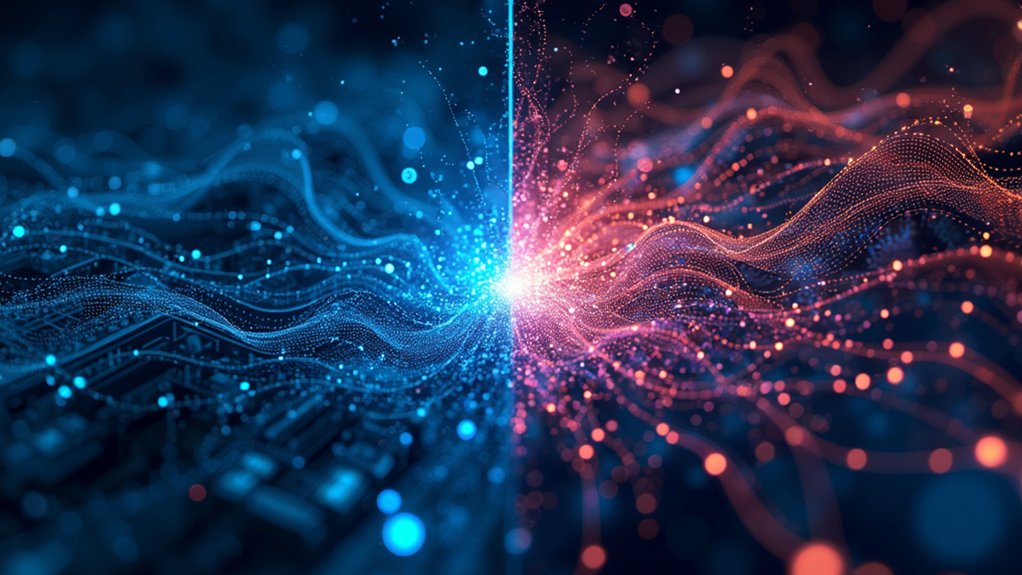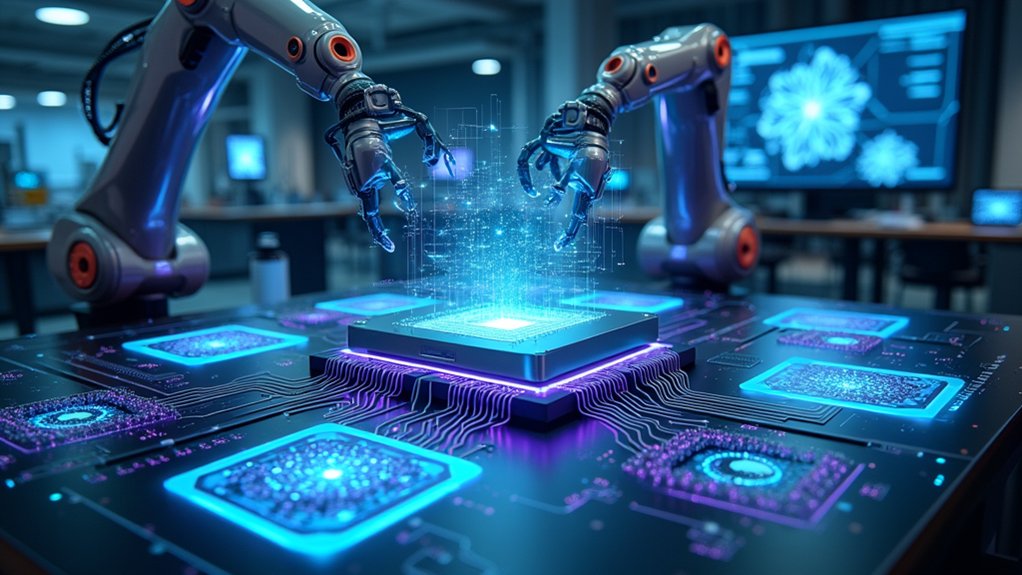The AI Revolution is transforming how we live and work globally. It's reshaping industries through technologies like neural networks and generative AI. PwC estimates AI could add $15.7 trillion to global GDP by 2030. While it may replace some jobs, it's also creating new opportunities. AI is improving healthcare with better diagnostics and drug discovery. Ethical considerations around privacy and regulation remain important challenges in this evolving landscape.
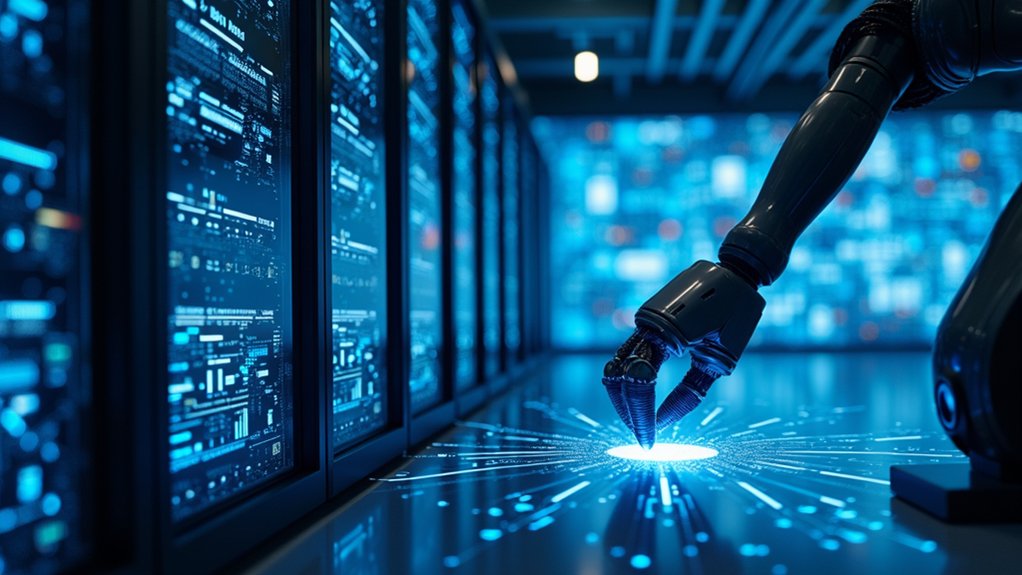
Change is sweeping across the world as the AI Revolution transforms how we live and work. Unlike previous technological waves, artificial intelligence has a unique ability to reshape existing power structures. This revolution includes neural networks, GPT architectures, and specialized AI chips that are impacting technology, economy, healthcare, and education sectors simultaneously.
Large Language Models like ChatGPT, generative AI, and machine learning algorithms are driving these changes. These technologies create text, images, audio, and code while improving computer vision and natural language processing. AI provides substantial benefits through its ability to deliver intelligent decision making based on real-time data analysis. The economic impact is substantial, with PwC estimating AI could add $15.7 trillion to global GDP by 2030.
AI's economic impact could reach $15.7 trillion by 2030, transforming industries through text, image, and code generation.
The workforce is changing too. In the UK alone, AI might replace 7 million existing jobs from 2017-2037, but could also create 7.2 million new positions during the same period. AI software spending is expected to reach $64 billion by 2025, showing how quickly companies are adopting these tools.
Businesses are embracing AI at remarkable rates. A McKinsey Global Survey found 65% of organizations regularly use generative AI. In technology, media, and telecommunications, AI's potential impact ranges from $380-690 billion. AI-oriented companies, particularly Nvidia, have significantly influenced S&P 500 earnings and market trends. Some R&D departments have seen productivity gains of up to 10 times previous levels.
This revolution brings challenges. Job displacement concerns are real, as are ethical considerations about AI's unintended consequences. Privacy issues arise from increased data collection, and there's growing need for AI regulation and governance. The rapidly expanding global AI market is projected to reach USD 3,680.47 billion by 2034, driven by strong demand from automotive, healthcare, and financial sectors.
In healthcare, AI is improving diagnostic abilities and enabling personalized treatment plans. McKinsey suggests potential annual savings of $100 billion in medicine and pharmaceuticals. AI is also enhancing patient data monitoring and accelerating drug discovery.
Preparing for this revolution requires investment in AI education and workforce development. Many nations are creating AI advisory committees for policy guidance. As this technology continues to develop, the focus remains on balancing innovation with ethical frameworks that protect privacy while allowing progress.
Frequently Asked Questions
Will AI Replace All Human Jobs?
AI won't replace all human jobs, research suggests.
While it could displace 300 million positions globally by 2030, jobs requiring creativity, emotional intelligence, and complex problem-solving remain secure.
Healthcare workers, therapists, and skilled trades show low replacement probability.
Companies using AI actually plan to hire employees with AI skills.
The technology will likely transform work rather than eliminate human employment entirely.
Can AI Develop Consciousness?
Current AI systems don't have consciousness. Experts remain divided on whether future AI could develop true awareness.
While some scientists believe consciousness requires biology, others suggest advanced AI architectures might eventually support it. The debate centers on defining consciousness itself, which remains scientifically unclear.
Researchers are exploring theories like Global Workspace and Integrated Information to measure potential machine consciousness. This remains one of AI's most complex philosophical questions.
How Should AI Be Regulated?
AI regulation requires a balanced approach. Experts suggest a risk-based system where higher-risk AI applications face stricter oversight.
Many countries are developing different approaches. The EU's AI Act creates tiered regulations, while the U.S. currently relies on voluntary guidelines.
Challenges include keeping up with rapid tech development and coordinating across borders. Effective regulation must protect public safety without stifling innovation.
What Are Ai's Biggest Security Threats?
AI's biggest security threats include major data breaches that expose personal information.
Hackers use AI to create more convincing phishing scams that fool even careful users.
AI systems can be tricked by "adversarial attacks" that make them misidentify images or make wrong decisions.
There's also concern about bias in AI systems that might discriminate against certain groups, and the lack of transparency in how they make decisions.
Is AI Environmentally Sustainable?
AI's current environmental footprint raises sustainability concerns.
Data centers powering AI consume massive amounts of electricity, with projections showing they could use 3-4% of global power by 2030. They also require substantial water for cooling and rely on minerals often mined unsustainably.
However, AI offers environmental benefits too, helping optimize renewable energy, monitor ecosystems, and improve climate modeling.
